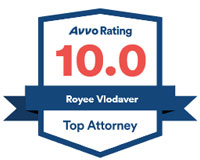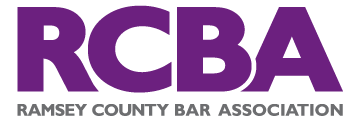1. Structure your business accordingly. To protect your personal assets, such as your car, home, and bank accounts, from potential lawsuits involving your business, it’s often advisable to structure your business as a limited liability company (LLC) or corporation. Unlike sole proprietorships or partnerships, both LLCs and corporations have the added benefit of shielding you from personal liability when certain actions are taken by the company; instead, only business assets would be subject to liability. In order to become an LLC or corporation however, the proper forms and fees must be given to the appropriate government entity, and many states’ requirements differ in this regard. For this reason, it is highly recommended that you discuss potentially structuring your business as an LLC or corporation with an experienced lawyer.
2. Execute a contract. When dealing with customers or other businesses, you may want to consider limiting your liability directly via a contract. Within the terms of a contract, you could directly lay out what you can, and cannot, be liable for. This strategy, however, may cause pushback from said customers or businesses due to the nature of the competing interests at hand. Generally, customers want to be able to sue you for everything, while you seek to limit your exposure as much as possible. Because of this, it’s important to be rational and fair when looking to execute a contract with such terms, and remember that a court may favor the interests of the customer if contractual terms are too one-sided.
3. Cap your liability. Relatedly, within a contract which limits your liability, you may seek to put specific caps on certain areas of liabilities, such as time caps and financial caps. Time caps limit the amount of time a party has to bring a liability claim against you, while financial caps limit the amount of money you are liable to pay. Both time and financial caps can offer great benefits as a means of limiting your liability within a contract.
4. Obtain insurance. Business insurance, such as home-based business insurance or general liability insurance, is also an advisable step to take. Since many homeowner’s and renter’s insurance policies do not cover home-based business losses, it’s important to make sure you are protected in case of a lawsuit or other event. Oftentimes business insurance not only covers the amount you are deemed liable, but your attorney’s fees and related expenses as well.
5. Hire and experienced lawyer. It is important that you consider consulting with an experienced business attorney when examining some of the ways in which you can limit your business’ liability. Entrepreneurs face specific challenges when beginning a business venture, such as properly forming a business entity and abiding by all applicable government formalities. As such, receiving adequate, competent legal advice is vitally important to starting off on the right foot.
This article was sponsored by Vlodaver Law Offices, LLC, an experienced business solutions and transactions law firm in the Twin Cities. If you would like a free legal consultation, contact us.











